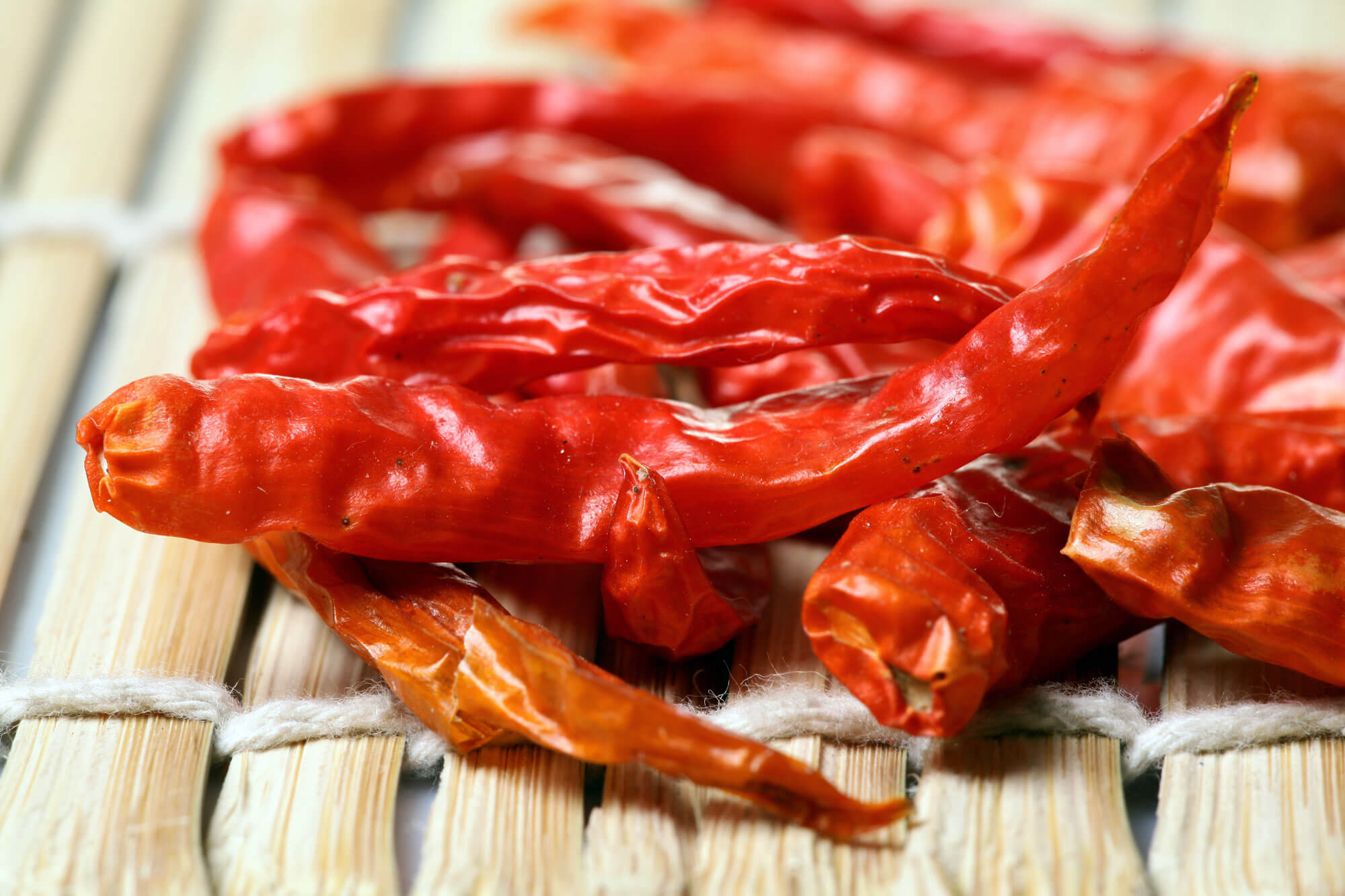Spicy food is popular all over the world, from spicy chilies in Thai food to “atomic” hot sauce in Southern cooking. A number of studies have found that it may not simply be for the thrill a spicy meal gives our taste buds – there are a number of health benefits to spicy food, which may be why we crave spicy food. These health benefits can help improve heart health, prevent cancer and even help us live longer. As we age, these concerns become more important – so if you don’t already incorporate spicy foods into your diet, you may want to start. Here are some of the top benefits to eating spicy foods:
- Promotes weight loss Studies show that capsaicin, the compound that gives spicy chilies their kick, can raise the body’s internal temperature and improve metabolic processes, helping burn calories for up to twenty minutes after a spicy meal.
- Improves cardiovascular health Those cultures where spicy food is the most popular tend to have much lower rates of heart attack and stroke than the rest of the world. Part of the reason may be that capsaicin helps reduce inflammation, which is a major risk factor in heart disease.
- Lowers blood pressure Capsaicin has been shown to activate a receptor in blood vessels that helps relax them and lower blood pressure. Spicy foods also reduce the effects of bad cholesterol, another cause of high blood pressure and cardiovascular health problems.
- Prevents cancer The American Association for Cancer Research has found that capsaicin can kill certain kinds of cancer cells. And one of the key ingredients to many curry dishes and mustards – turmeric – may be able to slow the growth of tumors.
If you aren’t someone who tolerates spicy food easily, you can still get the health benefits of capsaicin and other spices. Green and red bell peppers have capsinoid, a molecule that is similar to capsaicin and may mimic some of its benefits. And mild curry dishes contain all of the benefits of turmeric and other spices – without the burn.


